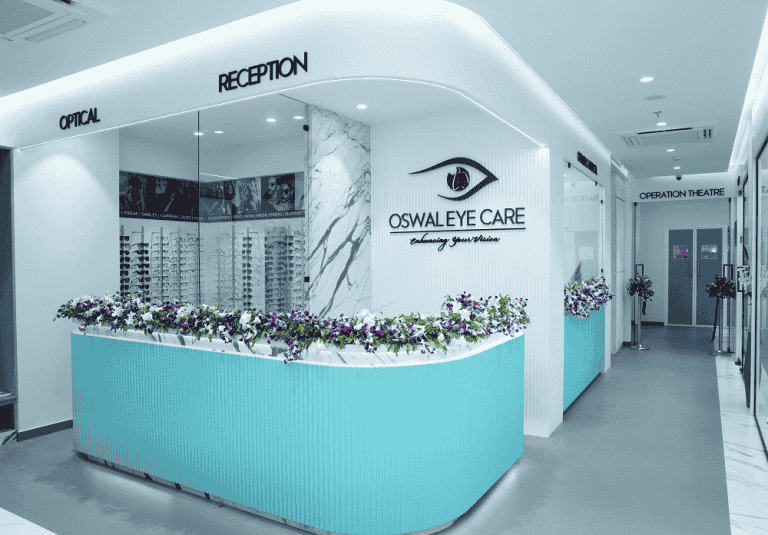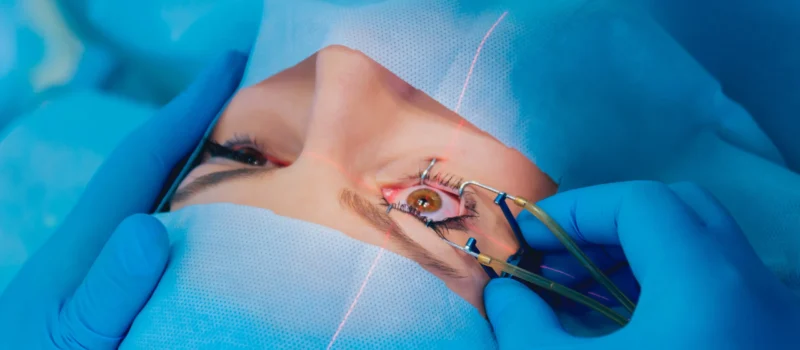Understanding Cataract Surgery
Cataract is a common eye problem that affects many people as they grow older. It makes your eye lens cloudy which can cause blurry vision.
The good news is that it can be fixed with a simple and safe procedure known as cataract surgery.
What is Cataract Surgery?
Let’s begin with what is cataract surgery. It is a medical procedure where the cloudy lens of the eye is removed and replaced with a clear artificial lens.
This process helps you see clearly again and improves your quality of life. The surgery usually takes less than 30 minutes and is done under local anaesthesia.
Types of Cataract Surgery
There are different types of cataract surgery, and your doctor will choose the best one for your eye. The two main types are:
- Phacoemulsification (Phaco): This is the most common type where the doctor uses ultrasound waves to break the lens.
- Extracapsular Surgery: This is done for very advanced cataracts.
In recent years, laser cataract surgery has also become popular. It uses lasers for more precise results and faster healing.
Before the Surgery and What Comes After
Before the cataract eye surgery, the doctor will do some tests to check your eye health. Post the tests, based on your results, you will be guided for a surgery.
During the operation, the doctor will insert a new clear lens inside your eye. This is called a cataract surgery lens. There are many types of lenses like monofocal, multifocal, and toric. Your doctor will suggest the one best suited to your needs and lifestyle.
After the surgery, taking care of your eyes is very important. Let’s understand precautions after cataract surgery so you can heal faster and better:
- Do not rub or touch your eye.
- Avoid dust and water in your eyes.
- Do not lift heavy things.
- Always wear your eye shield or glasses.
These precautions after cataract surgery help prevent infection and other issues.
Remember that after cataract surgery you may feel mild discomfort, but rest assured that it will go away in a few days. Your vision will also improve gradually and most people can resume normal activities right within a week.
Foods to Avoid After Cataract Surgery
You need to understand that taking care of your diet is also important after the surgery. Here’s a quick look at food not to eat after cataract surgery:
| Food Type | Why to Avoid |
| Oily and fried food | Slows down healing and causes inflammation |
| Sugary snacks | Can increase risk of eye pressure |
| Spicy food | May cause irritation during recovery |
Make sure to eat healthy foods like fruits, vegetables, and whole grains.
How Much Does Cataract Surgery Cost in Mumbai?
The cataract surgery cost in Mumbai varies based on different factors. It depends on the hospital, lens type, and whether it is done using lasers or other procedures.
On average, it can range from ₹15,000 and may go up to ₹1,20,000 or more.
Choosing the Best Care for Cataract Eye Surgery
If you are looking for the best hospital for cataract surgery in Mumbai, Chembur, then Oswal Eye Care is the right name for you. Founded by Dr. Akshata Oswal, Oswal Eye Care is known for its world-class affordable eye care services.
Oswal Eye Care has the best doctor for cataract surgery in Mumbai. The centre is fully equipped with the latest technology, in-house pharmacy, and optical store. The doctors have more than 10 years of experience and are trusted by happy patients.
At Oswal Eye Care, remember that we care about you and your comfort. That’s why we make sure appointments are well managed and waiting time is short. We also follow all COVID-19 safety rules to keep you protected.
Book your appointment with Oswal Eye Care today and take the first step toward better vision.
At Oswal Eye Hospital, we specialize in safe and advanced cataract surgery in Chembur, Mumbai, helping patients restore clear vision with precision and care. Our team of experienced surgeons and the best eye specialists in Chembur use the latest technology for painless and effective procedures. Whether you are looking for an affordable cataract operation in Chembur East, need guidance from a trusted ophthalmologist in Chembur, or want to consult at a reliable eye hospital in Chembur, we ensure personalized treatment plans for every patient. If cloudy or blurred vision is affecting your daily life, our expert doctors are here to guide you through the right options and deliver the best outcomes for your eyes.


